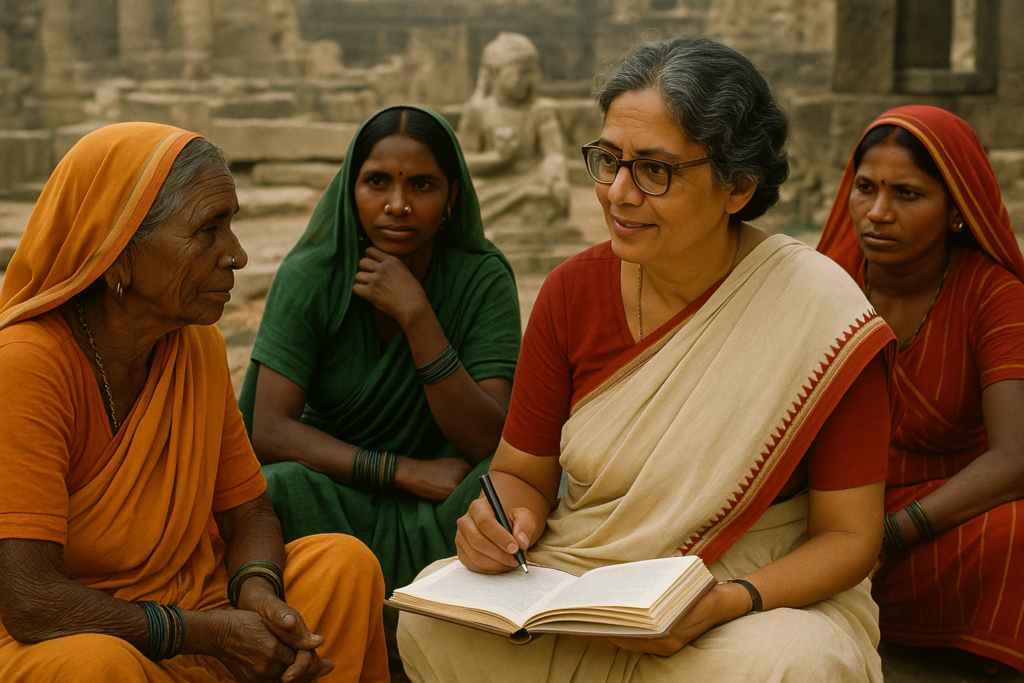In a colonial and patriarchal India where higher education was largely reserved for men—and scientific inquiry was dominated by Western frameworks—Dr. Irawati Karve (1905–1970) emerged as an extraordinary figure who reshaped the Indian social sciences from within.
A scholar of global intellect and grounded cultural sensitivity, Karve was the first Indian woman to earn a doctorate in anthropology, obtained from the University of Berlin in 1930. She returned to India and became a pioneering academic who systematically studied kinship systems, caste structures, linguistics, demography, gender roles, and mythology—all through a uniquely Indian lens that prioritized indigenous perspectives and rational inquiry.
Karve served as a professor at Deccan College Post-Graduate and Research Institute, Pune, and later headed its Department of Sociology and Anthropology. Her contributions remain essential reading for students of anthropology and sociology across India and abroad.
Her Pioneering Contributions to Indian Academia:
- Doctorate in Anthropology (Germany, 1930): Among the earliest Indians—and the first woman—to be trained in modern anthropological methods abroad.
- Founding Influence at Deccan College: Instrumental in establishing India’s first formal academic department for anthropology and social sciences.
- Landmark Work on Caste & Kinship: Kinship Organization in India (1953) is a foundational text in Indian anthropology, still widely referenced today.
- Innovator of Feminist Interpretation: In Yuganta: The End of an Epoch (1967), Karve re-examined characters of the Mahabharata using feminist and psychological analysis—decades ahead of her time.
- Sahitya Akademi Award (1968): Recognized for literary brilliance and scholarly depth.
- Blended Disciplines: Combined biological anthropology, cultural studies, Indology, demography, and literature to study Indian society holistically.
- Field-Based and Data-Driven: Advocated for rigorous fieldwork, language proficiency, and statistical accuracy—setting standards still followed today.
Key Works by Irawati Karve:
- Kinship Organization in India (1953) – A structural analysis of Indian family systems.
- Yuganta: The End of an Epoch (1967) – Essays exploring gender and ethics in the Mahabharata.
- Hindu Society – An Interpretation – A socio-political examination of Indian caste and belief systems.
- Maharashtra – Land and Its People – A cultural history of the state through the lens of anthropology.
Impact and Legacy:
Irawati Karve was not merely an academic; she was a public intellectual who brought anthropological insight to everyday Indian life. Her writing style made complex sociological themes accessible to common readers. She conducted fieldwork across rural and tribal India, breaking the mold of armchair scholarship and setting a new standard for empirical social science in the country.
She was also among the first to introduce feminist analysis into Indian sociology, exploring how patriarchy, mythology, and caste intersect to shape gender roles—well before these became mainstream topics.
Even today, in an age of rapidly changing social dynamics, her work continues to be cited by scholars of gender studies, caste studies, Indian epics, and anthropology.


